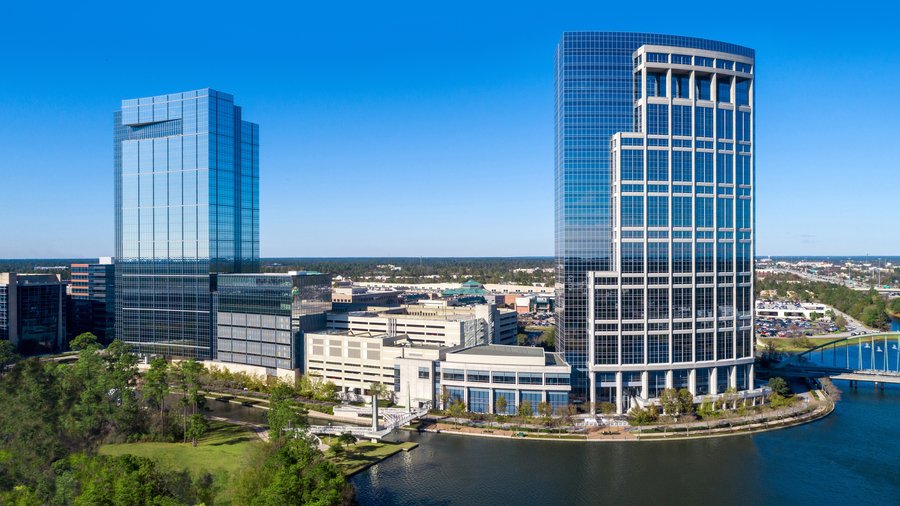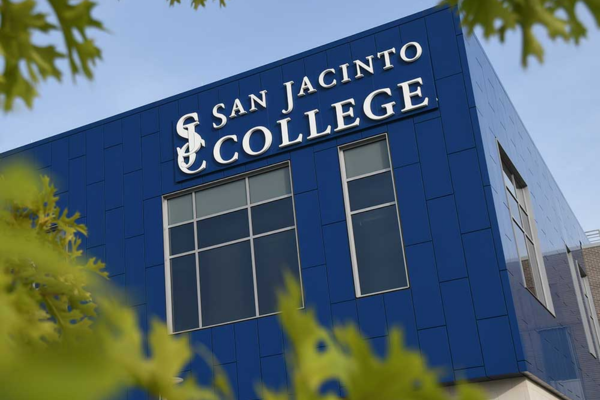The Woodlands Innovation District Aims to Attract Life Sciences Companies
Published Jun 28, 2024 by Hailea Schultz
A new district in The Woodlands hopes to expand on the area’s resurgence in life sciences developments.
Post pandemic, life sciences companies have been establishing facilities in The Woodlands, particularly along Research Forest Drive. And now, Developers Howard Hughes and Vitrian are building upon that growth by adding an additional 86.3 acres for future development, aiming to attract more biomanufacturing companies to the area. The duo has dubbed the area The Woodlands Innovation District.
“This joint venture further diversifies the innovative industries that are represented in The Woodlands with the advancement of life science,” said Jim Carman, President of the Houston Region for The Howard Hughes Corporation in a statement. “The Woodlands continues to attract companies from a variety of industries seeking a highly-skilled talent pool, business-friendly environment, and high quality of life for their employees.”
The district joins the area’s cluster of existing life sciences companies, such as Millipore Sigma and VGXI. Cellipont Bioservices, a San Diego-based cell therapy contract development and manufacturing organization, recently opened a 76,000-square-foot facility in the area. The facility is dedicated to cell therapies and serves as the company's new headquarters.
Cellipont’s move to the greater Houston region, announced in 2022, kickstarted a surge in life sciences activity in The Woodlands. Bionova Scientific, another California-based biotech company, recently announced plans to expand into the area, with a 100,000-square-foot manufacturing and research facility. The company, which produces materials used by cancer-fighting cell therapy companies, is expected to begin operations at the new location in 2025.
Nearby, Nurix Therapeutics, a clinical-stage biopharmaceutical company based in San Francisco, has relocated to the Alexandria Center for Advanced Technologies. This 12-acre life sciences campus, formerly the Lexicon Pharmaceuticals site, was inaugurated last year with support from Lexicon’s Founder and CEO and now Nurix's Chief Executive Officer, Arthur Sands. Backed by California-based real estate firm Alexandria Real Estate Equities, the campus is still being built out, with the goal of becoming a smaller version of The Texas Medical Center.
These recent developments have established The Woodlands as a leader in life sciences in the region. According to CBRE’s 2023 U.S. Life Sciences Outlook, The Woodlands accounted for 60% of the Houston region’s life sciences lease transactions in 2022.
The Woodlands Innovation District will encompass five sites, each providing tenant facilities ranging from 40,000 to over 200,000 square feet. These sites will offer build-to-suit shell spaces, anticipated to be move-in ready by Spring 2025.
Learn more about Houston’s life sciences and biotechnology industries.
 The Houston Report
The Houston Report



















